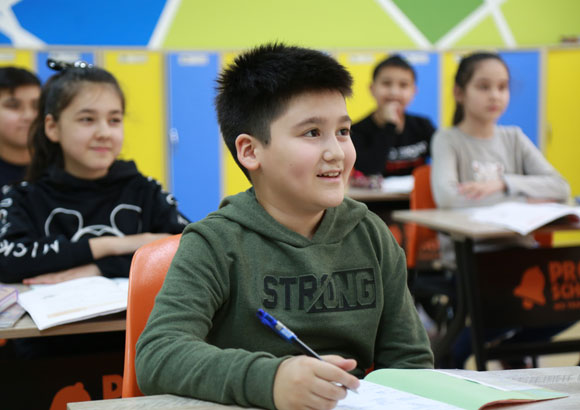A Comprehensive Guide to International Baccalaureate in Malaysia
 Schooladvisor Team
Schooladvisor TeamThe International Baccalaureate’s (IB) popularity has increased over the years, becoming one of the preferred curricula for many parents and students alike.
IB is not attached to any country but was initiated by the best teachers worldwide through thorough research and development to create an internationally relevant curriculum that promotes global-mindedness and worldly perspectives. Generally, IB is a rigorous programme, combining classroom lessons and students’ own experiences into one educational package.
What is IB?
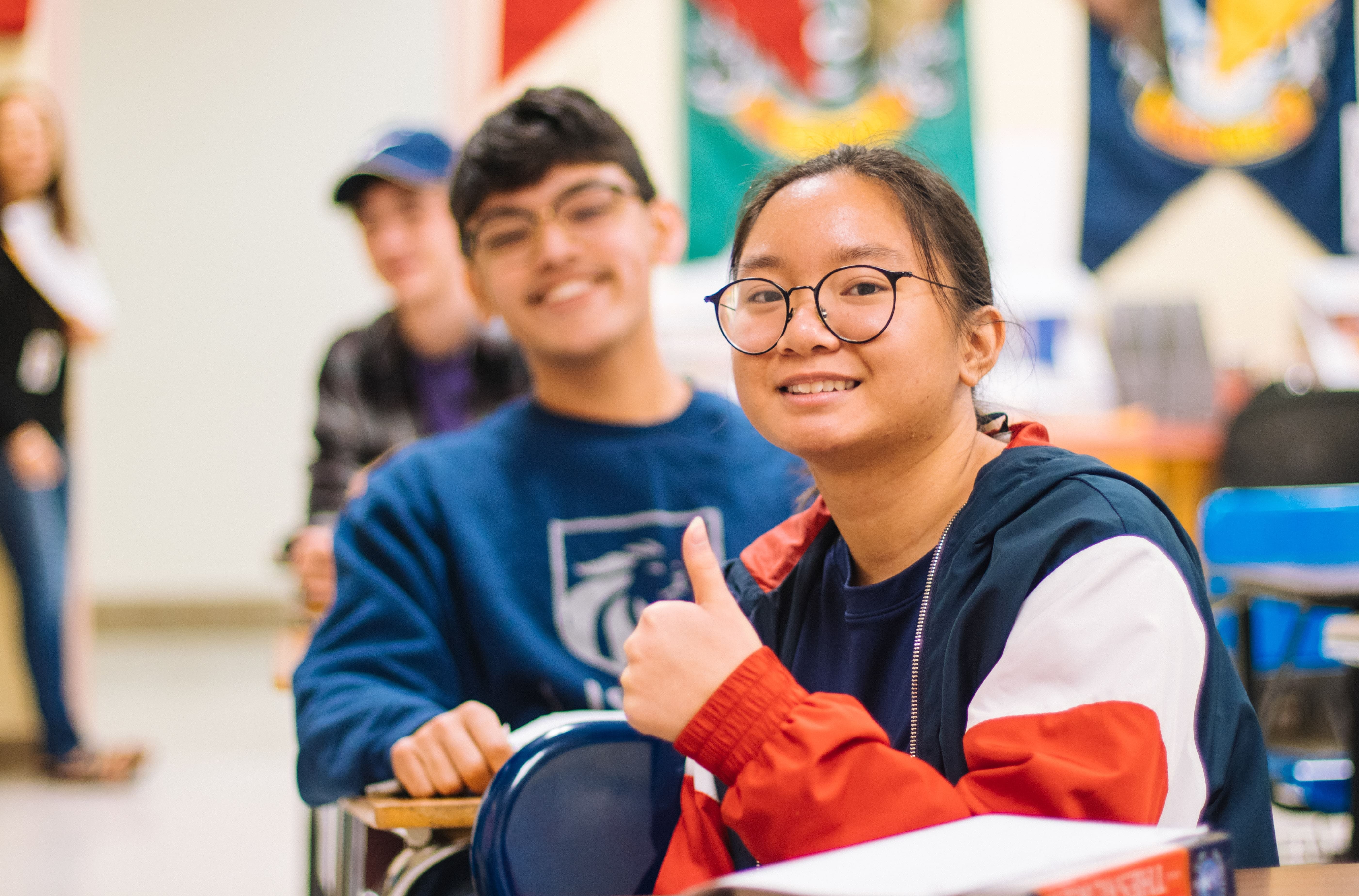
IB works as a continuous programme. Students begin the Primary Years Programme at the age of 3 and then proceed to the Middle Years Programme (MYP). After completing MYP, students can choose between two pre-university programmes that suit their interests: the IB Diploma Programme (IBDP) or the IB Career-related Programme (IBCP).
The curriculum aims to cultivate students to be (based on the IB Learner Profile):
- Inquirers
- Knowledgeable
- Thinkers
- Communicators
- Principled
- Open-minded
- Caring
- Risk-taking
- Balanced
- Reflective
Based on the Learner Profile, IB instils acute awareness of the world beyond learners’ education through curiosity, knowledge, confidence and empathy.
Primary Years Programme (PYP)
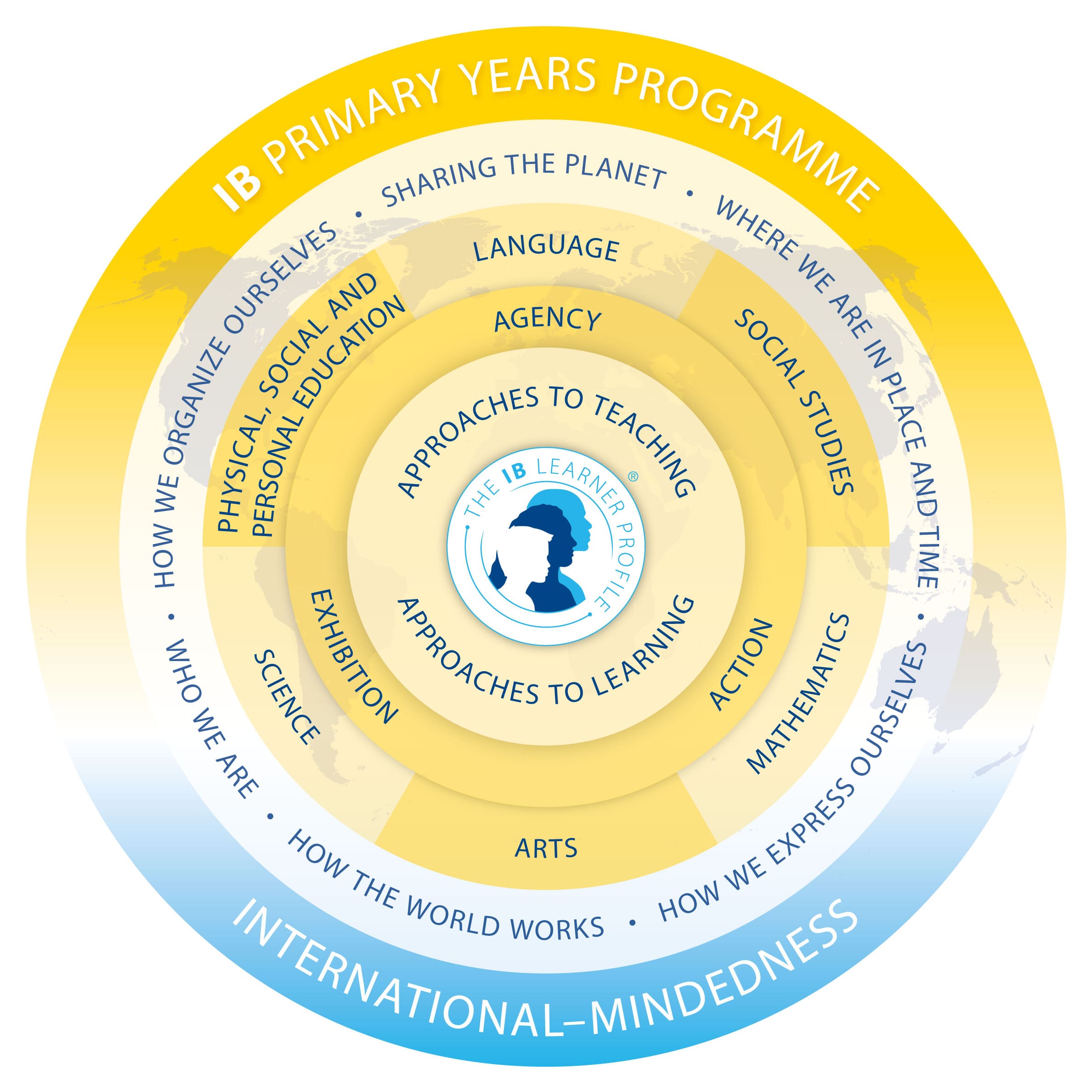
PYP provides students aged 3 to 12 with an opportunity to take control of their learning processes and become acquainted with everyone around them. In PYP, they become curious, hence developing an understanding of the subjects and the world around them by reflecting on their learning outcomes and experiences.
Students typically learn Science, Language, Mathematics, Social Studies, Arts and Physical, Social and Personal Education (PSPE), but with an added advantage of understanding how the world works, trying their hand at organising, sharing spaces and channelling their expression. This creates an ‘agency’ for students to take ‘action’ on their education and exhibit their growth.
Middle Years Programme (MYP)
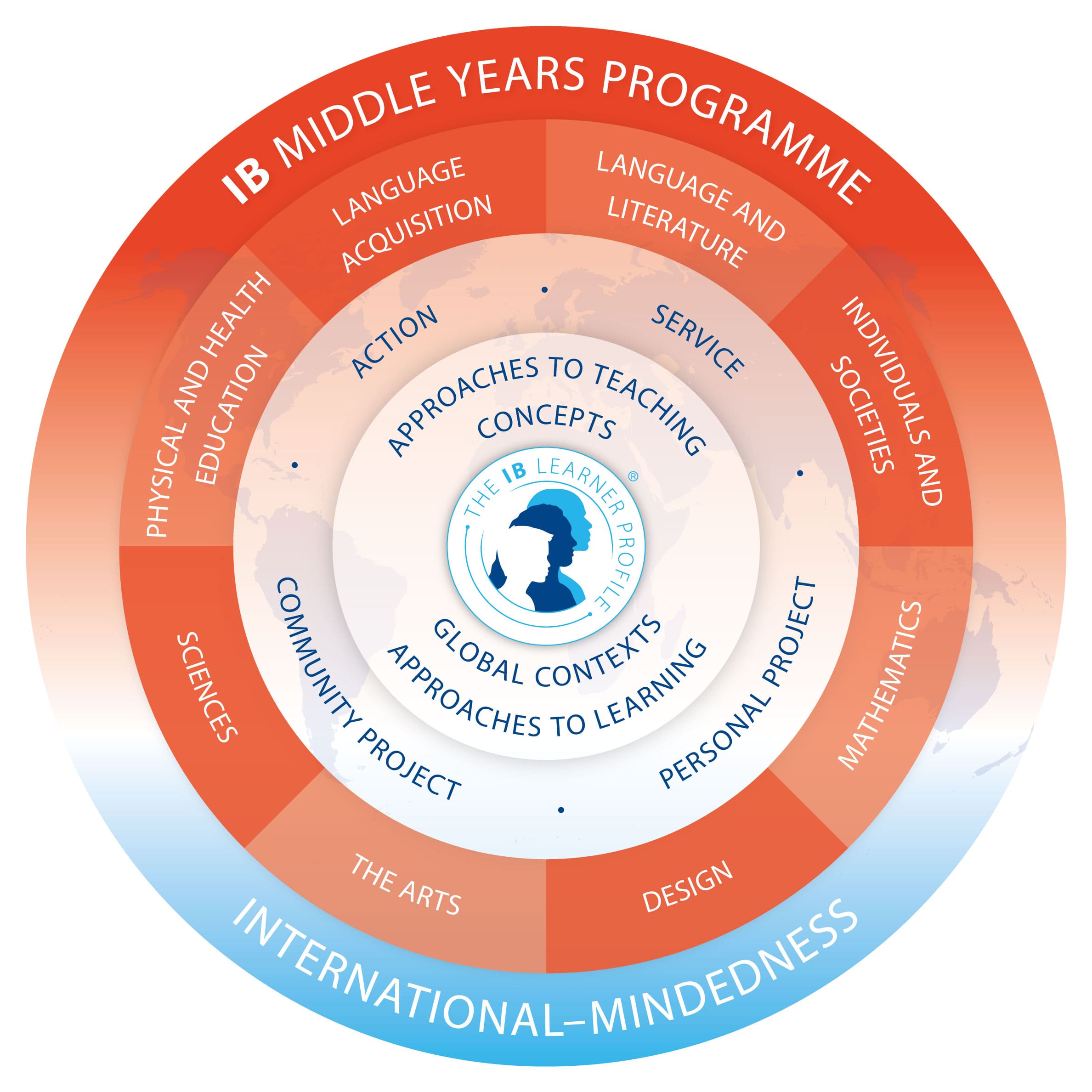
At ages 11 to 16, students will advance to MYP, where the same learning processes are applied, but they begin to relate it to the practical aspects in everyday life. The programme helps prepare them for DP and CP, both rigorous for the independent learner.
They sit for eight subjects: Language and Literature, Mathematics and Sciences, Arts and Design, Individual and Societies and PSPE. They will learn each subject in-depth through projects, service and action.
At the end of their MYP journey, they are expected to complete a long-term project that reflects what they have learned thus far, offering themselves insights, hence making students responsible for the knowledge they have gained along the way.
Diploma Programme (DP)
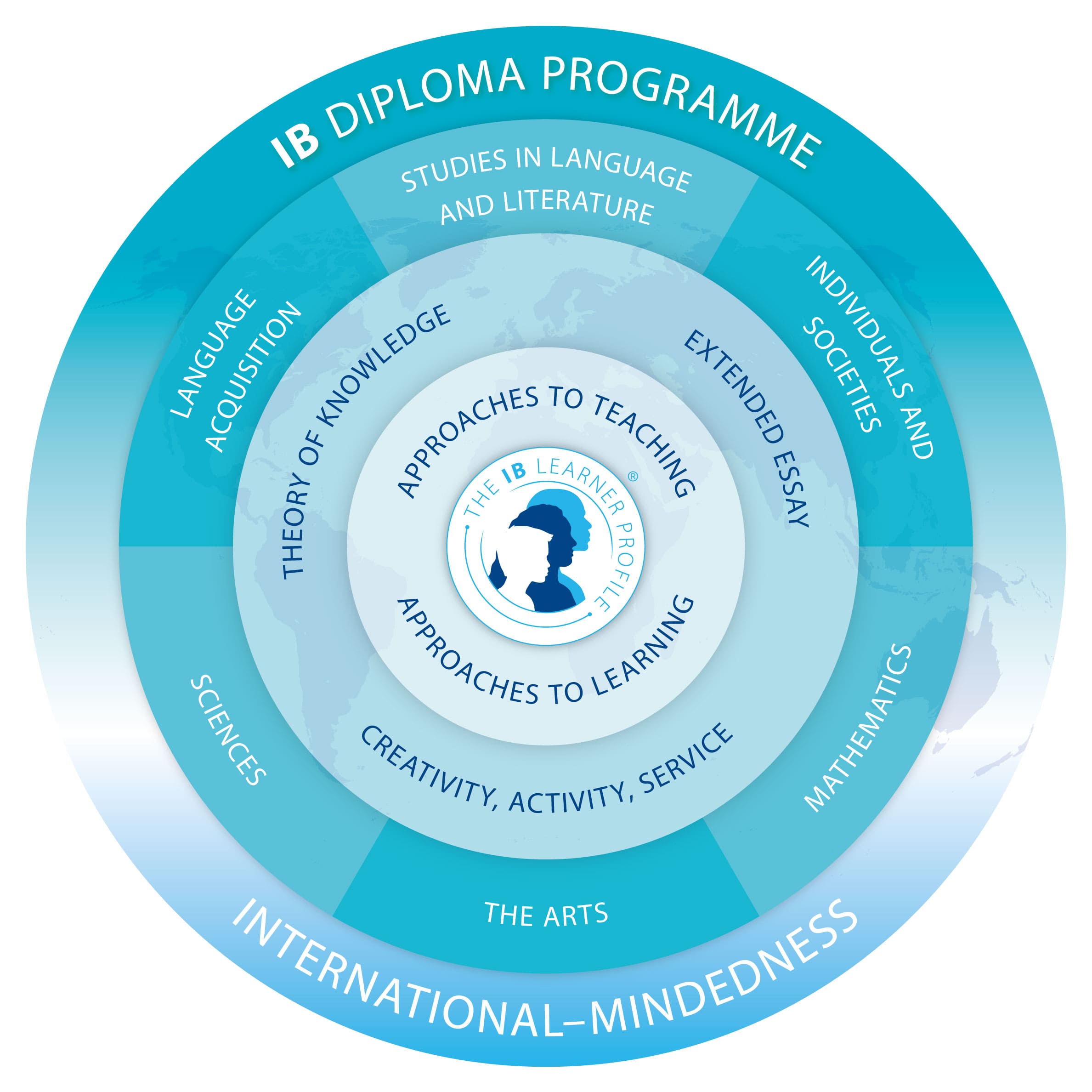
DP is the longest-running programme offered by IB that began in 1968. By the end of the programme, students will possess the breadth and depth of knowledge required to pursue their degrees at the university of their choice.
On top of language, mathematics and science, arts and individual societies, DP culminates in the Theory of Knowledge (TOK) and an Extended Essay (EE). Both TOK and EE requires students to produce essays on a topic of interest that will help them gain a deeper understanding throughout their time in the IB curriculum. Students will also be involved in activities that promote creativity, activity and service.
Key findings for the impact of DP suggested that students score higher in critical thinking and participation than those not in IB. The results also discovered that IB students enrolled in universities immediately after graduation (data in the US) and IB students in Asia are more likely to possess 21st-century skills than those not in IB.
Career-related Programme (CP)
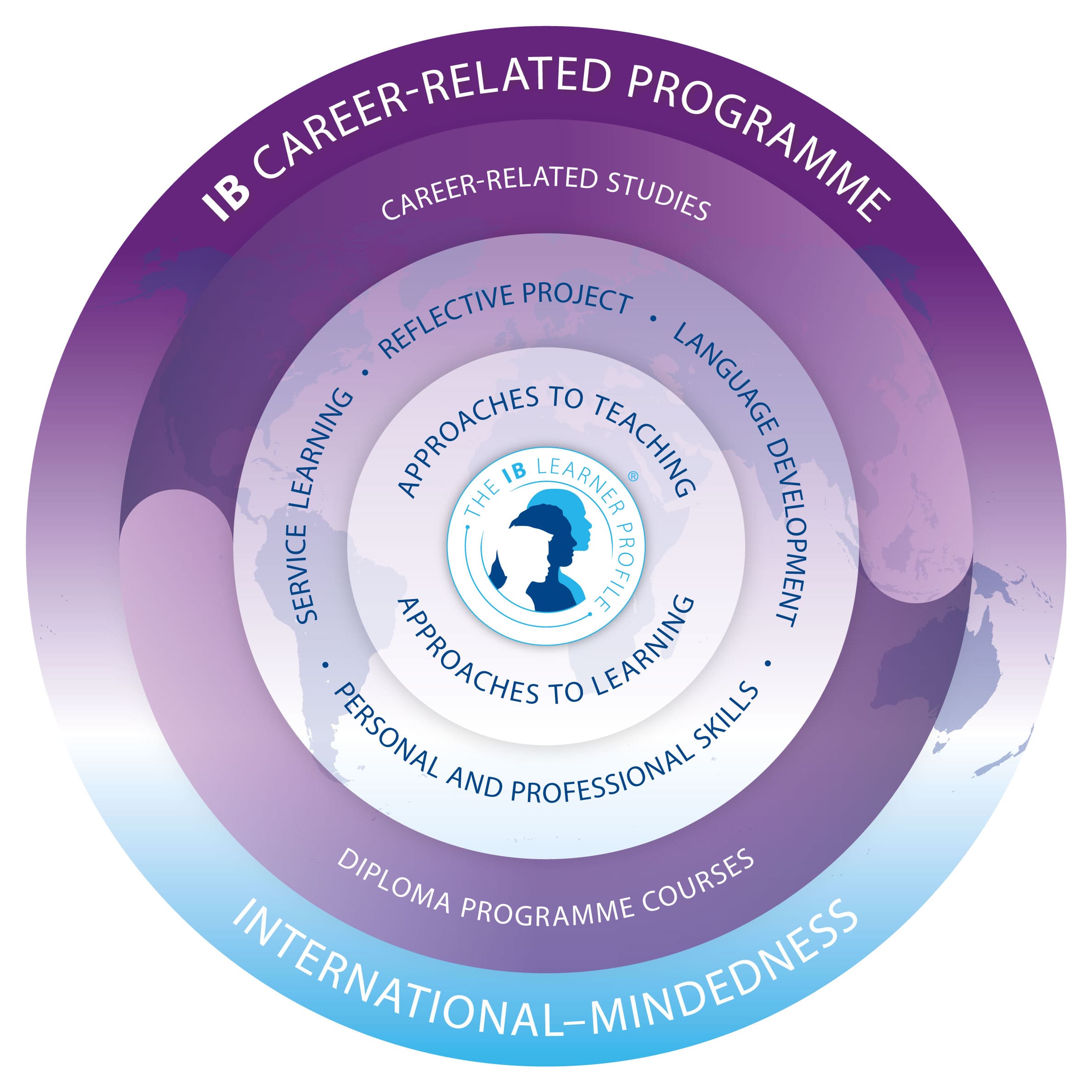
CP is the newest addition to the IB curriculum. The framework focuses on giving IB students a platform to engage in career-related education and equip themselves with professional, transferable skills required for their future.
Students must sit for two DP subjects while developing skills through language acquisition, service to the community, gaining professional skills and analysing issues that arise in the industry with a critical eye through a reflective project.
The career-related route encourages resilience in students while giving them the chance to challenge themselves academically and become independent learners who can work individually and in teams, much like being at work.
IB Grading
Internal and external examiners access DP and CP. Students will receive grades from 1 to 7 for each subject, with 7 being the highest score they can attain. The differences between the two are:
| DP Assessment | CP Assessment |
| Complete two research-based assessments carried out throughout the year (TOK and EE). Both essays are assessed separately but can contribute up to 3 points to the overall score. | CP students are required to sit for two subjects from the DP route, where they will receive grades from 1 to 7. |
| Creativity, Activity and Service (CAS) is a DP core subject where students utilise their creativity, participate in non-academic activities and give back to the community. Students will not be awarded points for CAS but count towards their participation. | CP’s core covers four components:
|
| The overall score for DP will accumulate to 45 points, the highest possible score they can achieve. | Apart from the Reflective project, students’ respective schools will assess and confirm if the students have completed the three components. |
| They can be awarded a bilingual diploma if they score grade 3 or higher for the two language and literature components they sit for. |
Would I suit IB’s learning style?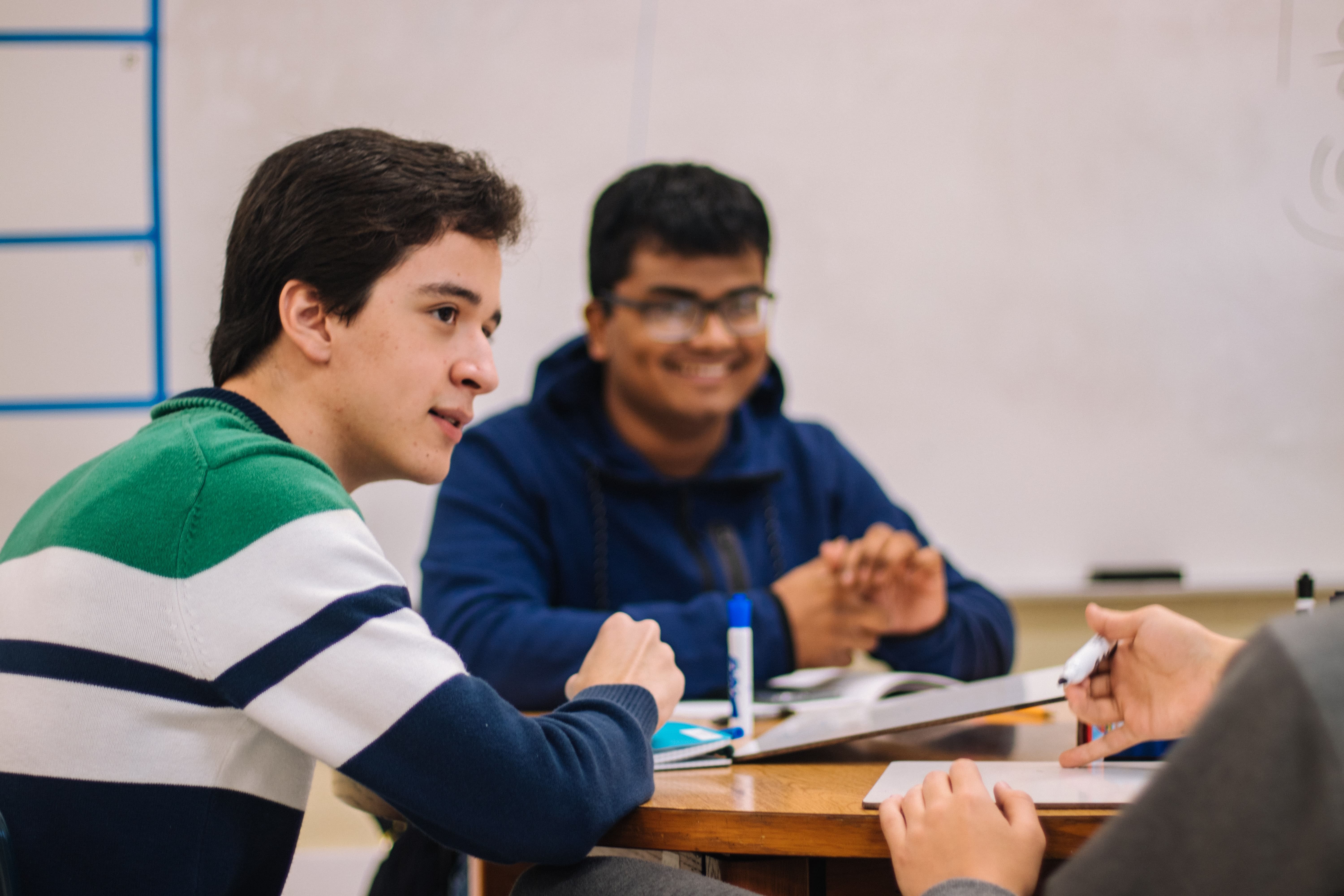
Parents often wonder if IB would suit their children, whereas older students wonder if IB is the right route for them at the pre-university level.
Due to the rigorous nature of IB, your child will be cultivated to become an active participant in their learning journey. Therefore, it is best to kickstart their IB journey as early as possible for a seamless transition, preferably at the PYP level. However, they can switch curricula at any point or level.
Do not worry if your child struggles to adapt to the IB curriculum! Many IB schools in Malaysia offer teacher’s guidance and additional learning aids that can help your child quickly adjust to the curriculum.
Students going into DP and CP can switch to the IB curriculum regardless of the curriculum they were previously in. DP and CP are some of the alternatives to the British A-Levels. In addition, many international schools in Malaysia offer IB at the pre-university level, ensuring that students experience the rigour of the curriculum before entering university.
List of International Schools in Malaysia offering IB
Find out which international schools in Malaysia offer IB for PYP, MYP, DP and CP!
IGB International School
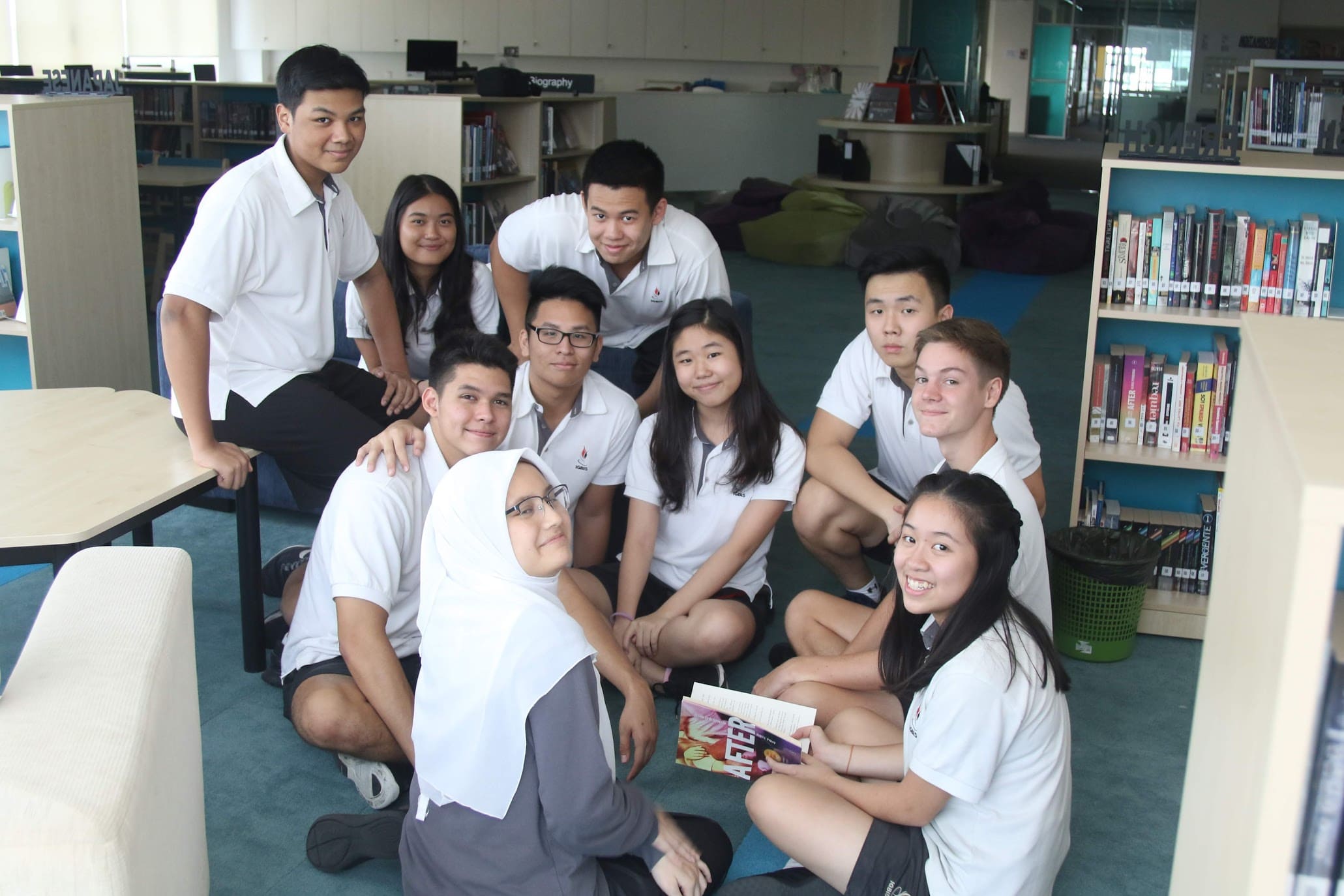
IGBIS is Malaysia’s first IB continuum international school, offering PYP, MYP, CP and DP to students aged 2 to 19, allowing a seamless transition to each level and beyond.
IGBIS offers an inclusive, international-minded environment for students to experience a holistically challenging yet healthy learning experience.
School Advisor had spoken to IGBIS’ Head of School, Jason McBride, on his thoughts on the rigour of IB and why students need to experience such a high-quality and promising education.
The International School of Kuala Lumpur

The International School of Kuala Lumpur (ISKL) is an international school that offers an American curriculum and International Baccalaureate Diploma Programme for students aged 16 to 18 years old.
ISKL offers the DP pathway on a non-selective basis to help students reach their potential. The school also supports students to attain bilingual diplomas through the IB Language and Literature subjects available in 5 languages.
Nexus International School

Nexus International School offers the British curriculum and the DP route at the pre-university level. In addition, Nexus offers to support students according to their educational needs.
The school emphasises technology-aided learning and runs workshops to help students prepare for assessments, exams, and mental health.
Marlborough College Malaysia
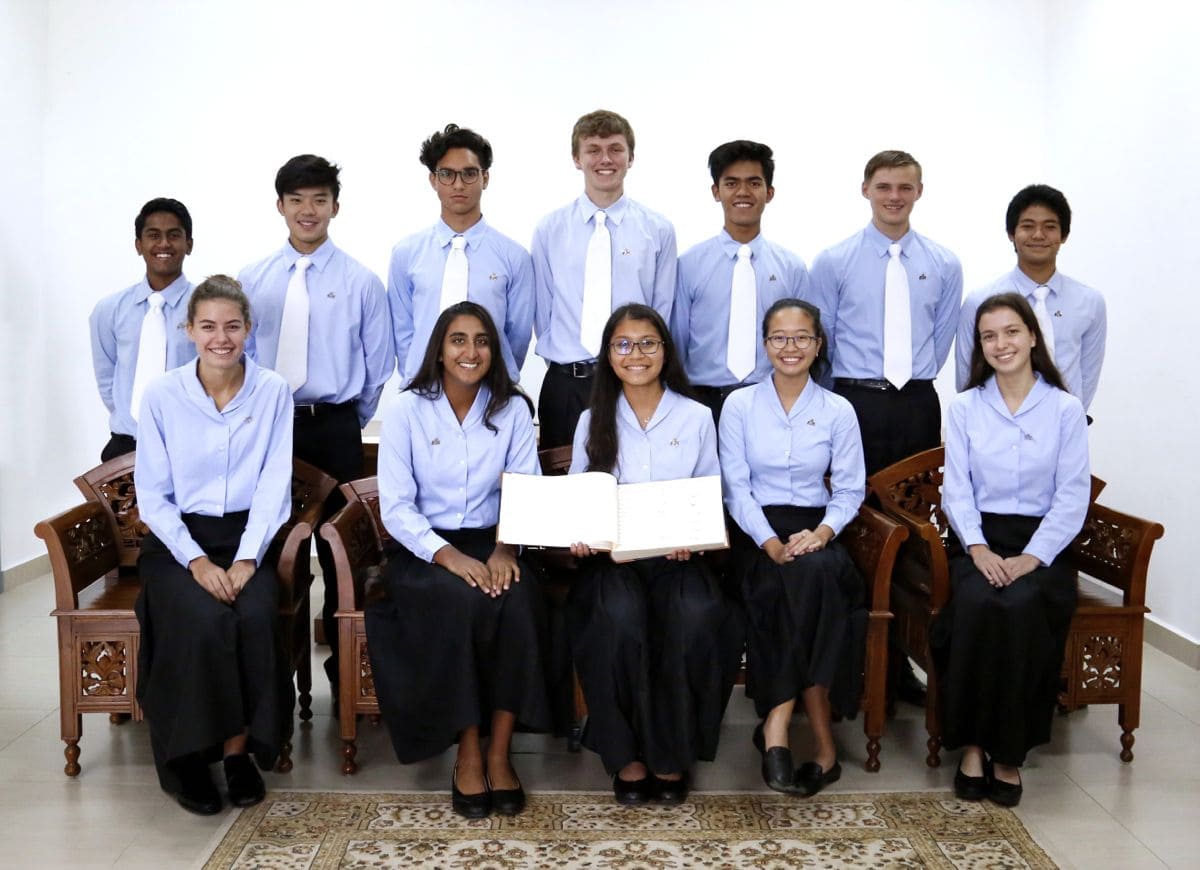
Marlborough College Malaysia is a British-style boarding school in Johor Bahru, offering the British National Curriculum with the DP route for students aged 16-19.
MCM fosters a sense of independence and individuality among its DP students, and at the same time, allows them to develop their potential and love for learning.
Sunway International School (Sunway City, Selangor and Sunway School Iskandar Campus, Johor)
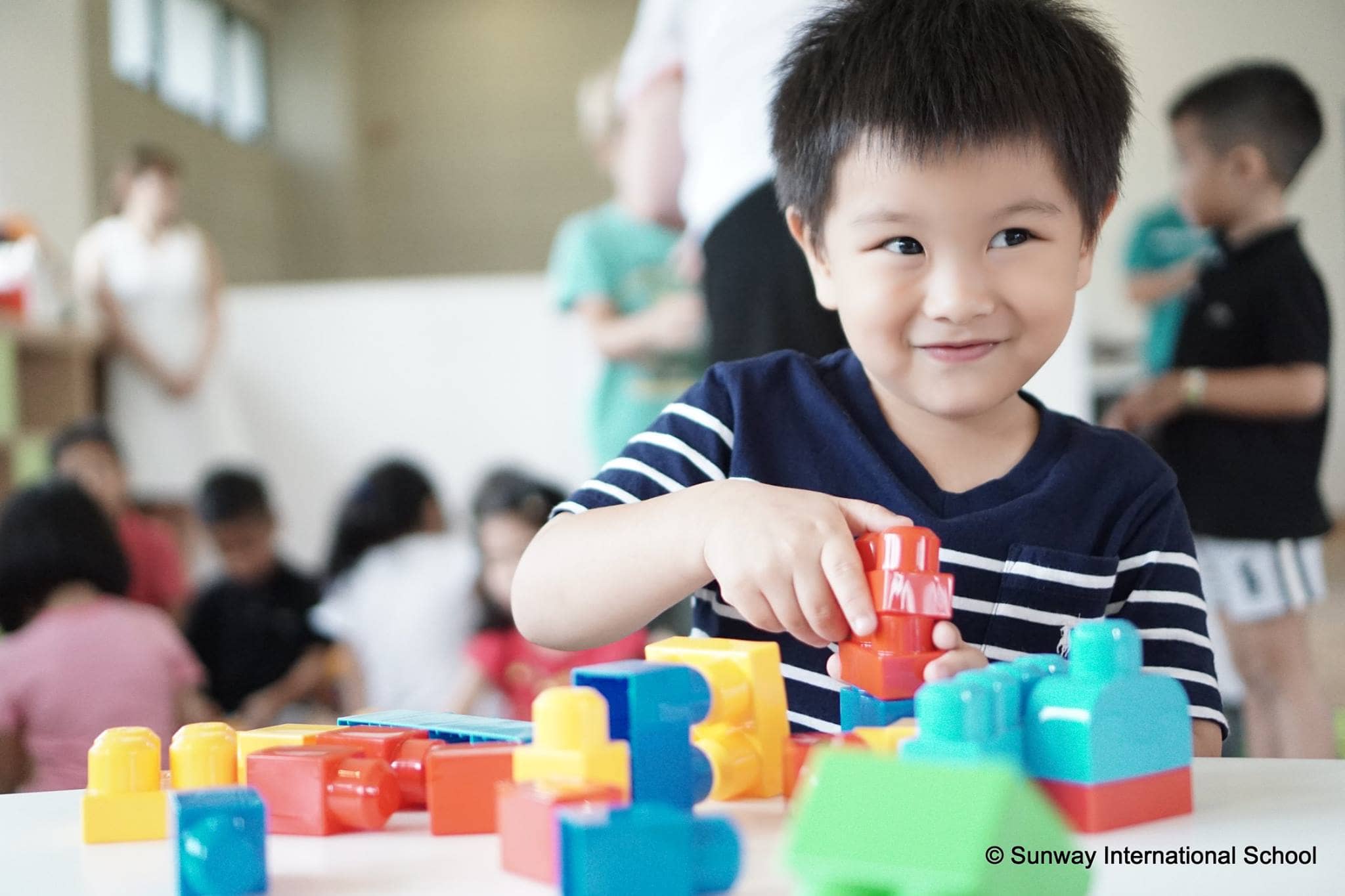
Sunway International School, Sunway City (SIS) offers the Canadian (Ontario) curriculum for Grades 6 to 12 and provides the DP option to students aged 16 to 19.
SIS Sunway Iskandar offers the Canadian (Ontario) curriculum by weaving the MYP framework at the middle school level, ensuring students are ready to progress to DP or CP. The school is one of the two schools that offer the CP route in Malaysia.
The International School of Penang (Uplands)
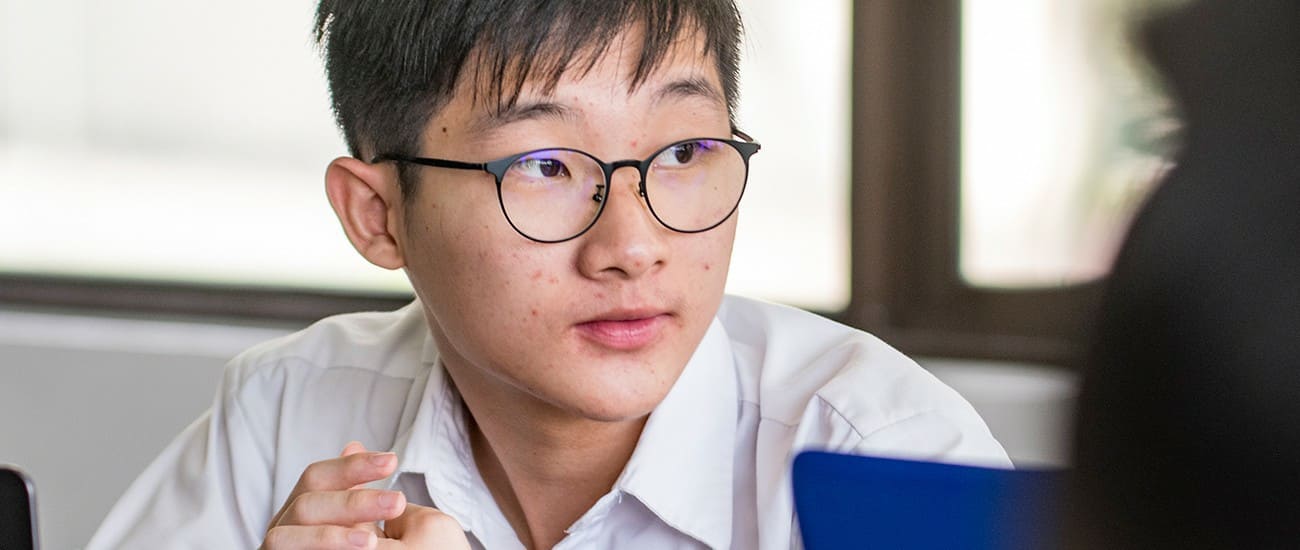
The International School of Penang, also known as Uplands, is one of the first international schools in Malaysia. Uplands follows the British curriculum, integrating the PYP framework and offering DP at the pre-university level.
At the PYP level, Uplands develops students’ interest in arts, sports, and services and encourages them to become caring students. At the DP level, students will be exposed to global mindedness, allowing them to be ready to contribute and transform the world around them.
Explore School Advisor
International schools in Malaysia offering IB
Comparison between IB and IGCSE
Calculate international school fees
School Advisor empowers parents to make the right choices with Malaysian schools and more! We provide a comprehensive list of the best international school and private schools that offer preschool, American and British curriculums, International Baccalaureate, A-Levels and more that will satisfy your child's academic and co-curricular growth.
Follow us on Facebook, Instagram and Twitter to keep up with the latest news from us and on education and parenting!
